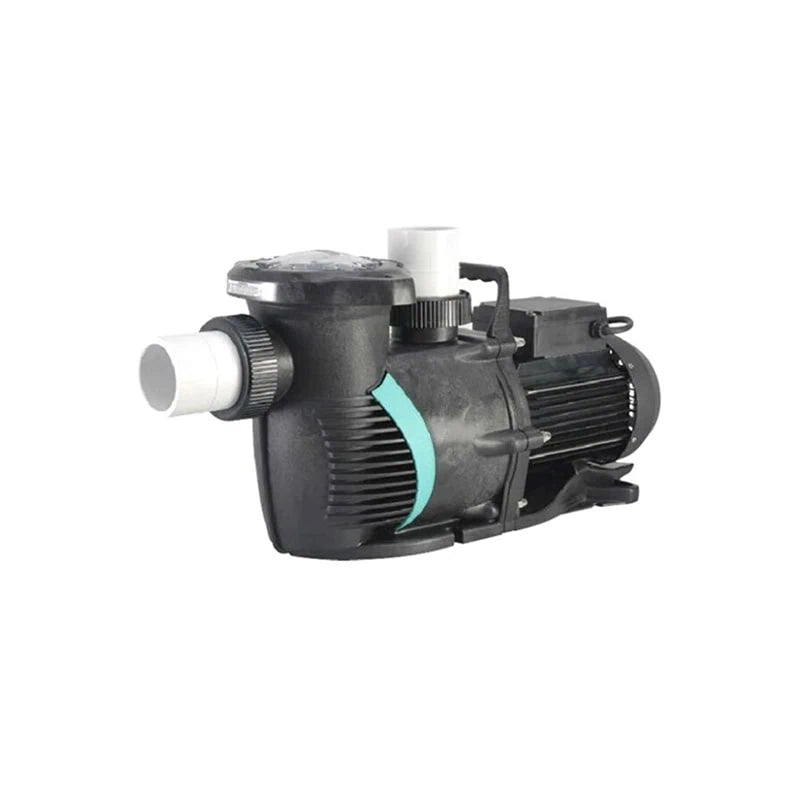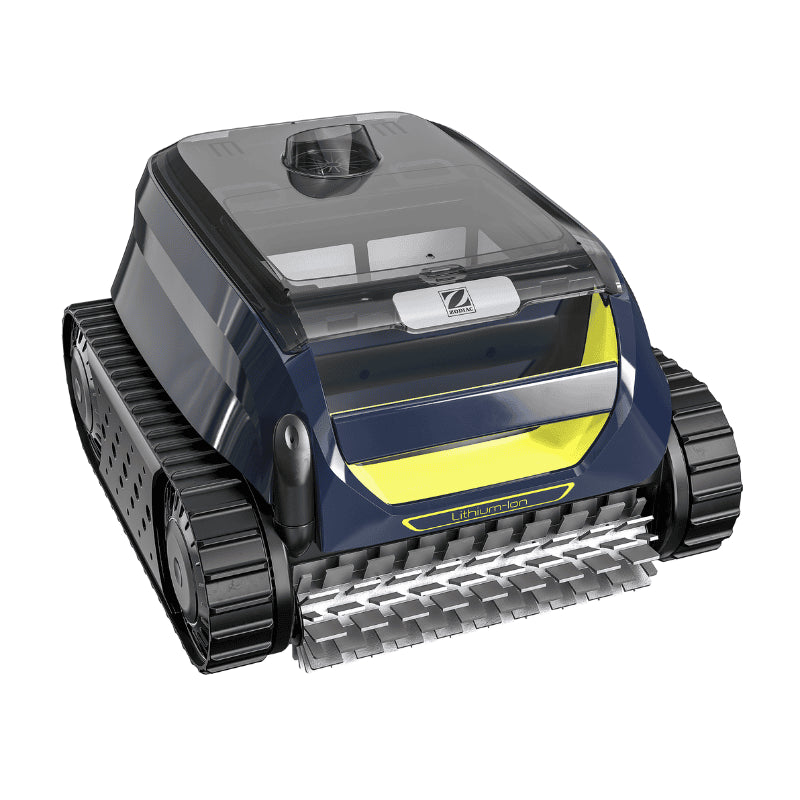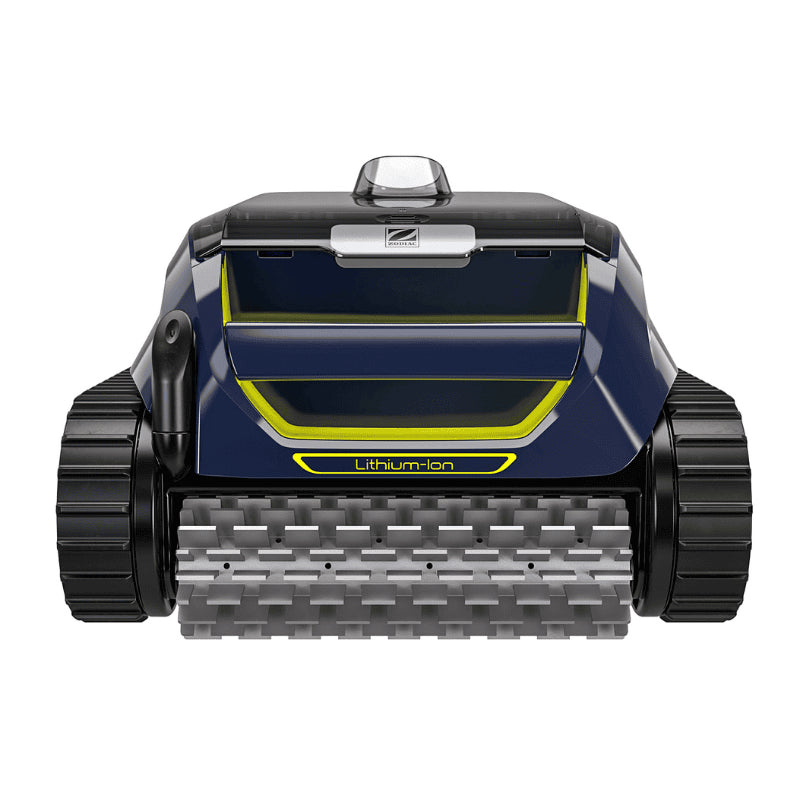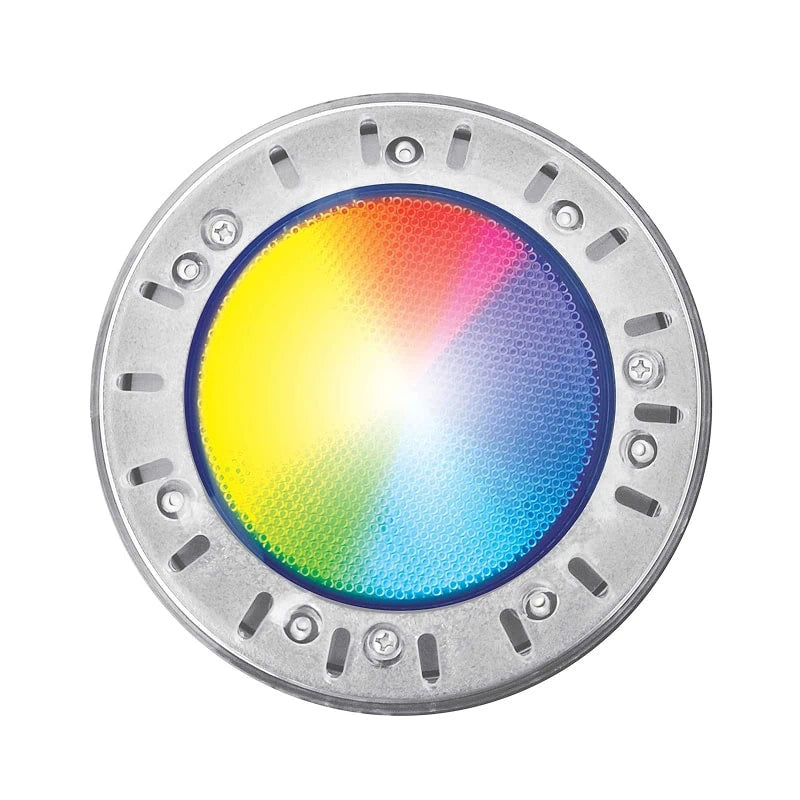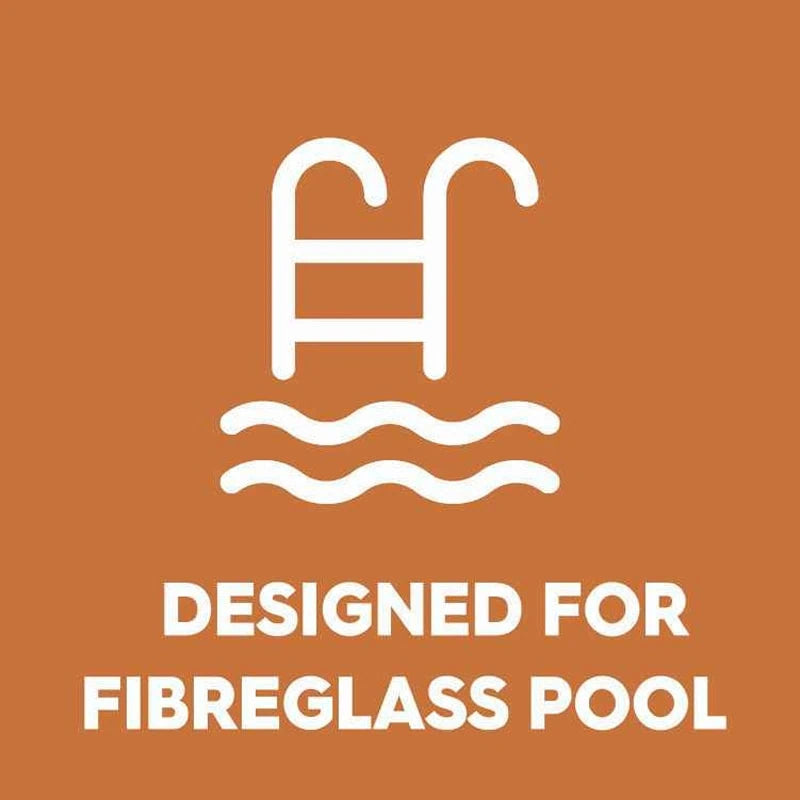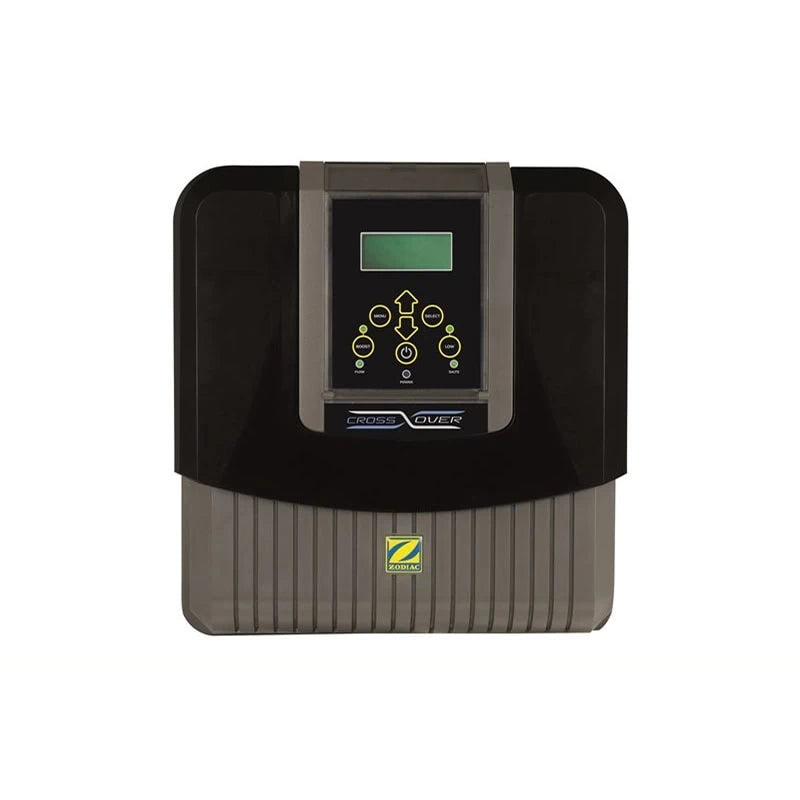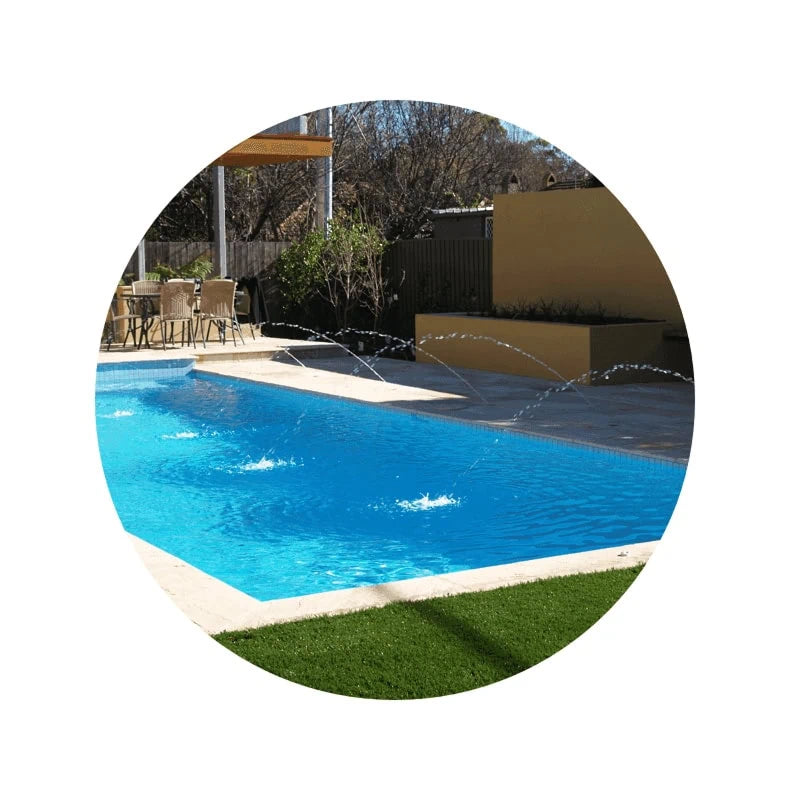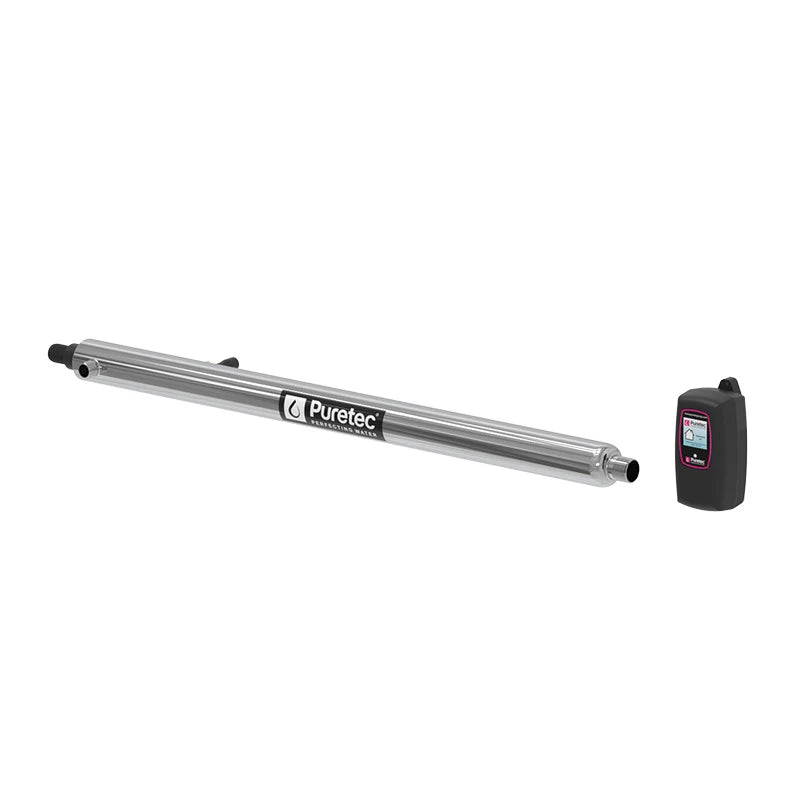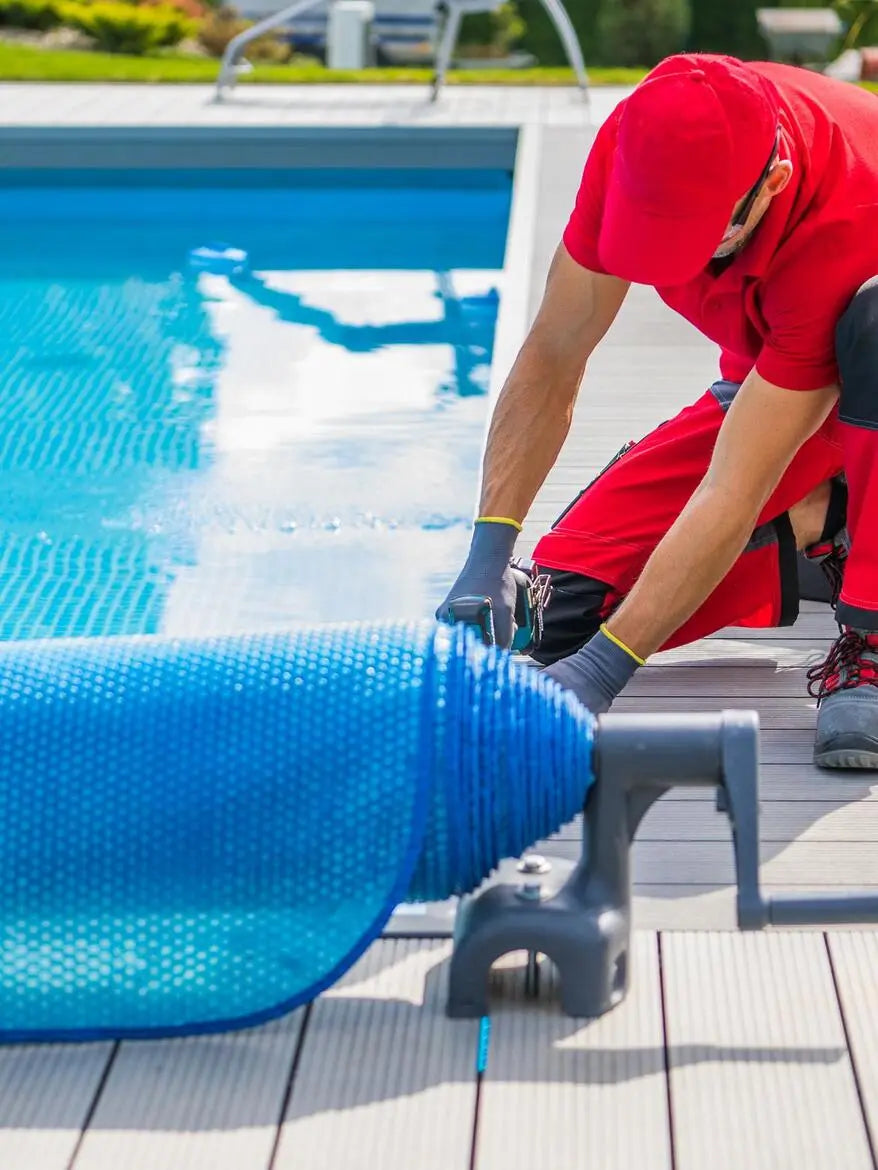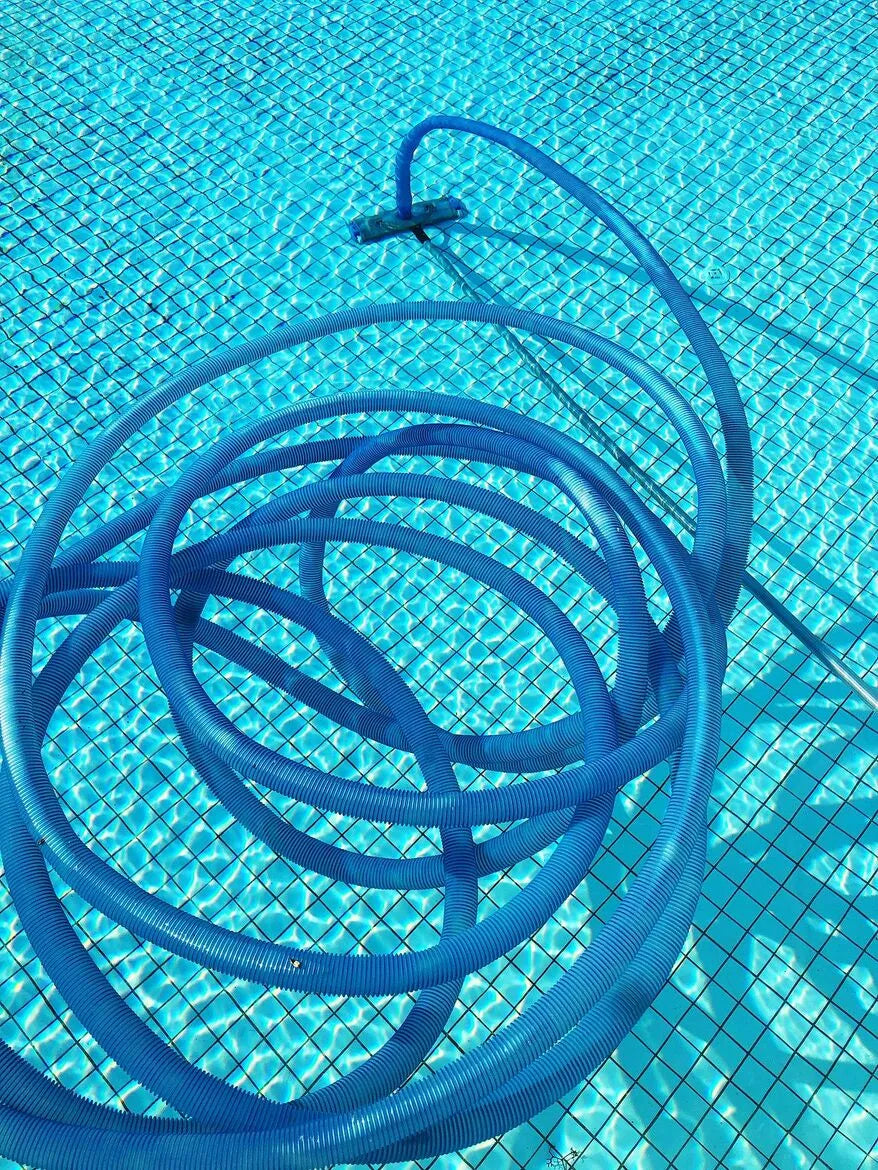Fibreglass Pool Shell Shapes

Fibreglass pool shells are available in a variety of shapes, including the timeless Rectangular, the natural-inspired Freeform, and the graceful Roman and Grecian styles, as well as unique options like Kidney shapes. Each design brings its own advantages — from straight lines ideal for lap swimming in rectangles to the relaxed, organic appeal of freeform and kidney layouts.
When most people imagine their dream pool, they picture how it looks from above. The shape sets the tone — sleek and modern, soft and organic, or natural and free-flowing. But here’s the part many homeowners overlook: the shape of your fibreglass pool shell isn’t just cosmetic. It affects how easy the pool is to clean, how kids play in it, how covers fit, and even how much it costs to run.
Let’s walk through the most popular fibreglass pool shell shapes and what they really mean for your backyard.
Key Takeaways
- Rectangular shells → modern, easiest to maintain, fit automatic covers.
- Kidney-shaped shells → softer, natural look, but less space-efficient.
- Freeform shells → resort-style feel, but higher paving and cleaning effort.
- Roman/Grecian shells → elegant, timeless, best in formal landscapes.
- Plunge shells → compact and efficient for small spaces, but limited for swimming.
- Shape impacts cost and upkeep → straight edges are cheaper to cover and clean; curves add style but raise maintenance.
- Match shape to size → certain designs (like freeform) only look right when large enough.
Popular Fibreglass Pool Shell Shapes
- Rectangular: Clean, straight lines that work well in modern backyards. Easy to pair with decking, paving, and automatic covers.
- Kidney-shaped: Rounded edges with a gentle curve, giving a softer, more organic feel. Classic retro style that’s still popular in suburban backyards.
- Freeform (lagoon-style): Irregular outlines designed to mimic natural waterholes. Ideal for resort-style gardens or homes aiming for a “holiday vibe”.
- Roman or Grecian: Rectangles with stylised ends (often semicircles or angled corners), adding a touch of formality and elegance.
- Plunge pool shells: Compact designs, often square or small rectangles, built for cooling off rather than swimming laps.
💡Expert note: Fibreglass shapes are limited to the manufacturer’s mould catalogue. Concrete pools can be anything, but fibreglass has gotten better at offering a wide variety that covers most needs.
If you’re new to the concept of pool shells, check out our what is a pool shell guide. It explains why the shell is the foundation of every pool.

Pros & Cons of Each Shape
|
Shape |
Pros |
Cons |
|
Rectangular |
Great for laps, modern look, fits automatic covers easily |
Can feel stark in natural gardens |
|
Kidney-shaped |
Softer aesthetic, natural curves suit landscaping |
Less efficient use of space, tricky for covers |
|
Freeform |
Creates a resort-like, organic look, good for irregular yards |
Harder to clean, higher paving costs due to irregular edges |
|
Roman/Grecian |
Elegant, timeless style, works well in formal landscapes |
Less versatile for play, not ideal for small spaces |
|
Plunge (compact) |
Perfect for tight spaces, heats quickly, budget-friendly |
Limited swim space, mainly for cooling off |
How Shape Affects Maintenance & Cost
- Cleaning: Straight edges (rectangles) are easier to brush and vacuum. Freeform curves create nooks where debris collects.
- Covers: Automatic or manual covers fit rectangles perfectly. With kidney or freeform pools, custom covers are often more expensive.
- Paving & landscaping: Simple shapes make it easy (and cheaper) to finish the edges. Curved or irregular shells can increase labour and material costs.
- Water circulation: A well-designed rectangular shell often has better water flow, reducing “dead spots” where algae can grow.
💡Expert tip: If low maintenance is a top priority, go rectangular. If creating a “wow factor” backyard is your goal, freeform may be worth the extra upkeep.
Thinking about aesthetics? Explore available fibreglass pool shell colours.
Shape + Size Synergy
A pool’s shape should always be considered alongside its size.
- Rectangular lap pools make sense when long and narrow — they’re designed for swimming, not just relaxing.
- Kidney-shaped family pools work best mid-sized, offering both swim space and shallow curves for seating.
- Freeform designs usually shine when larger, giving enough room for the curves to feel intentional rather than cramped.
- Plunge pools are about depth and compactness — shape is secondary to fitting into small courtyards.
💡Reality check: Don’t choose a shape in isolation. A 10m freeform pool may look stunning, but a 3m freeform plunge often looks awkward and wastes space.
Fibreglass Pool Shell Shapes: Make the Smart Choice
The shape of your pool shell sets the character of your backyard and influences how much you’ll actually enjoy using (and maintaining) the pool.
- Rectangles win for simplicity and upkeep.
- Curved shells win for aesthetics and flow.
- Compact plunge shells win for efficiency.
Need help weighing your options? At Pool Tools, we’ll walk you through the fibreglass pool shell shapes available and help you pick the one that matches your home, lifestyle, and budget.

Pool Tools Team
We’re here to share expert advice, practical tips, and clear guides to help you choose, build, and maintain your pool with confidence. From fibreglass shells to everyday equipment, we make pool care simple.

